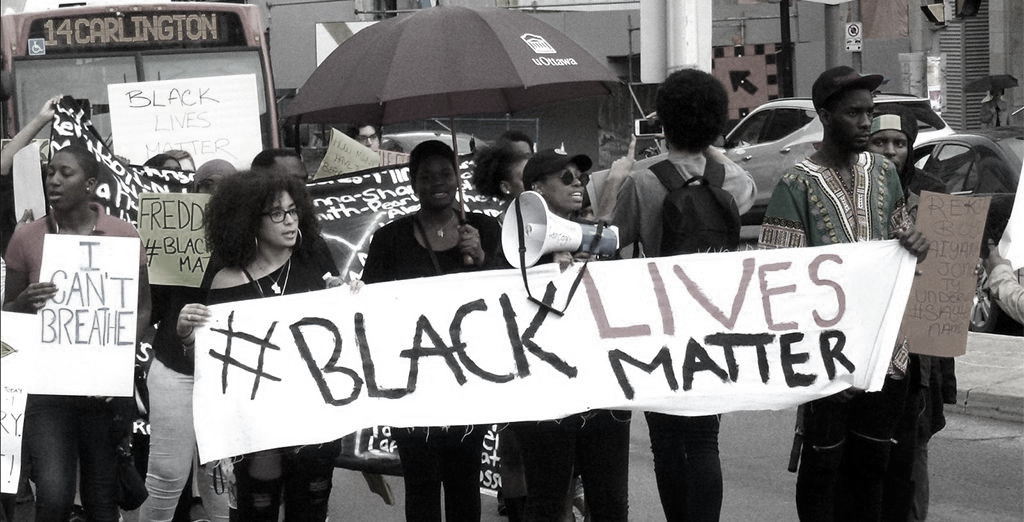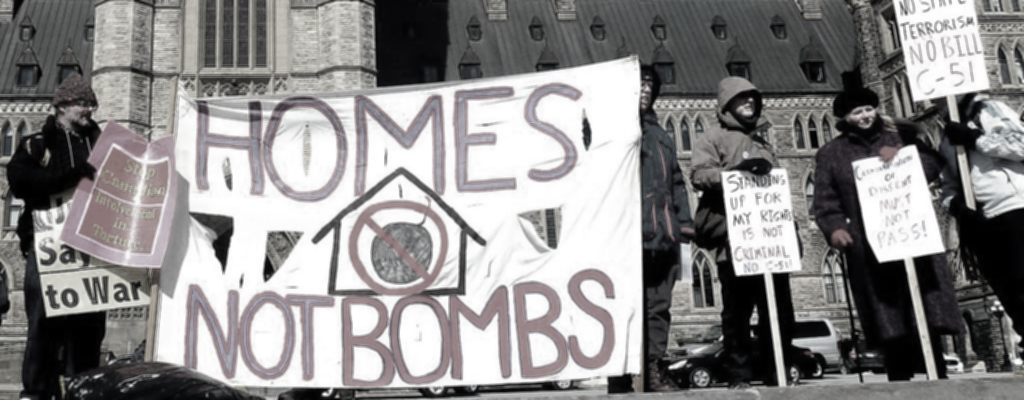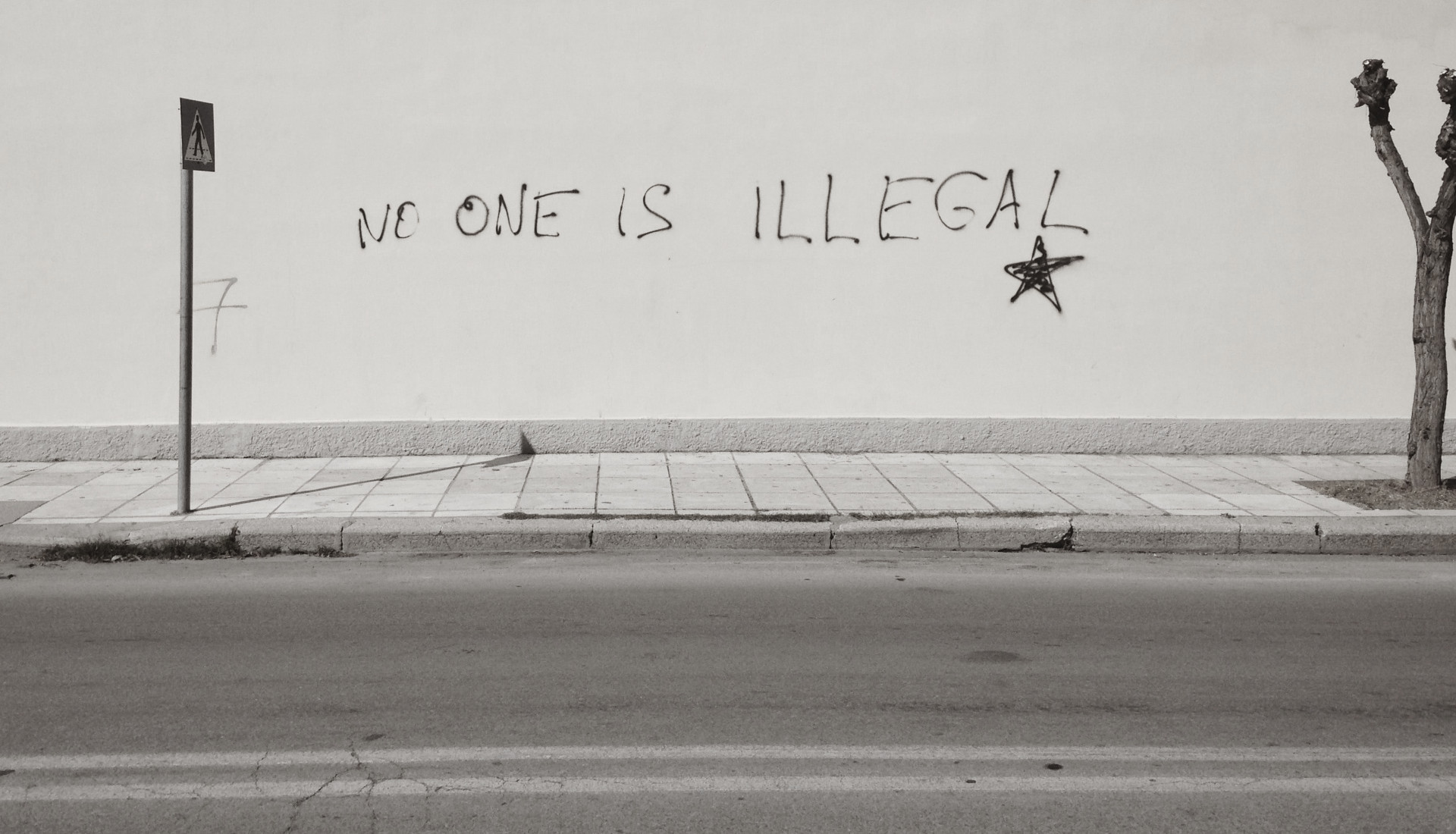
Inaction by Design?: The Case of Canadians Trapped In North East Syria
Watch our short documentary created by Tyler Lett in association with Hameed Law.
Does Canada have a positive legal obligation to assist its nationals when they are detained abroad in inhumane conditions?
This question was recently the subject of the Bring our Loved Ones Home (BOLOH) leave to appeal request to the Supreme Court of Canada for four Canadian men who are currently detained under the Autonomous Administration of North and East Syria (AANES). The request for leave to appeal was denied by the Supreme Court on November 16, 2023, raising renewed concern for ongoing human rights violations faced by the detainees. The domestic and International Law history of this case highlights the gravity of the situation faced by the detainees. It also raises pragmatic questions about how Canada’s ongoing failure to repatriate the detainees should be assessed. Is the legal impediment created by the recent Supreme Court’s decision an indicator that the situation of the detainees is beyond Canada’s control? Does the danger and risk of travel to the region create an insurmountable obstacle for Canada? Or, is Canada’s inaction by design?
Detainees’ Rights Violated under International Law
In 2020, Human Rights Watch found that Canada’s lack of assistance to the detainees flouts its international obligations to protect them from “…risks to life, torture and inhuman and degrading treatment”. The detainees are being imprisoned without charge. Food is scarce for them as they are exposed to preventable disease and they sleep “shoulder to shoulder” in deplorable conditions in prisons in North East Syria. The UN Special Rapporteur under the Universal Declaration of Human Rights has echoed these concerns, and has also observed violations of the prohibition against arbitrary detention, recommending that the only International Law compliant response would be Canada’s voluntary repatriation of its citizens. However, Canada has failed to comply with this recommendation.
In September 2021, the BOLOH families of the detainees sued in Federal Court to obtain mandatory relief requiring Canada to facilitate their repatriation. Justice Brown of the Federal Court, in his decision of January 20, 2023, found that Canada was constitutionally obliged to make a formal request to AANES for the repatriation of the Canadian men given their section 6 protected Charter right to return to Canada. He also ordered that Canada must provide the men with appropriate travel documentation to facilitate their repatriation. Although, Justice Brown did not conclude that Canada had acted in bad faith in frustrating the repatriation of the Canadian men, he remained “perplexed” at the fact that the policy framework that Canada was using to deny assistance to the men was not provided to the families for ten (10) months despite their early request for assistance. Notably, the relevant policy framework was only released in November 2021, after Canada was sued in Federal Court.
Canada’s Decision to Challenge Federal Court Decision
Instead of complying with Justice Brown’s decision requiring Canada to take steps to facilitate the repatriation of the detainees, Canada decided to appeal his decision to the Federal Court of Appeal. In support of its appeal, Canada sought and obtained an interim stay to stop the effect of the Federal Court’s decision until the appeal could be heard. Notably, the government rationale for seeking a stay did not advance a specific threat posed by the men should they be repatriated, nor did it identify any charge against them for wrongdoing anywhere in the world.
On May 31, 2023, the Federal Court of Appeal denied the men’s right to constitutional repatriation under section 6 of the Charter, stating:
"The right to enter, remain in and leave Canada, is not a golden ticket for Canadian citizens abroad to force their government to take steps — even risky, dangerous steps — so they can escape the consequences of their actions,"
While ruling against Canada’s legal obligation to assist the detainees, significantly, the Federal Court of Appeal suggested that its reasons for decision, “...should not be taken to discourage the Government of Canada from making efforts on its own to bring about that result [of repatriating the men].” This obiter dictum comment seems to imply both a recognition that repatriation of the men by Canada would be a laudable thing and that Canada could attempt to facilitate repatriation, in good faith, even in the absence of a legal requirement to do so.
Leave to Appeal to the Supreme Court of Canada
The decision of the Federal Court of Appeal was appealed to the Supreme Court of Canada on behalf of the BOLOH families of the detained men. On November 16, 2023, the Supreme Court of Canada denied the request for leave. No reasons for decision are provided on a leave application, so we are left to speculate as to why the Court decided that the case did not raise an issue of national and public importance.
It is noteworthy that the underlying questions implicated by the case of the BOLOH detainees touch, in part, on the “special circumstances” that could justify a finding that inaction by Canada may amount to a breach of a person’s life, liberty and security protected under section 7 of the Charter. The application of the Charter in such circumstances has not been meaningfully addressed since the Supreme Court’s decision in Gosselin. It is difficult to imagine a more pressing case than the BOLOH matter where state inaction affects Canadian detainees facing inhumane conditions of detention abroad in North East Syrian prison. Despite its inscrutability, the Supreme Court’s decision is the final legal disposition in the BOLOH appeal and is not subject to further appeal. Now that the Supreme Court has foreclosed the avenue of legally mandating Canada to repatriate its citizens, does this mean that Canada has no further responsibility to them?
The Challenge of Travelling to North East Syria
Beyond the legal lens of state responsibility, Canada’s inaction to assist the BOLOH detainees must be considered in view of the seriousness of the human rights condition of the men and Canada’s potential resources and logistical capacity to effect repatriation of its citizens in crisis. To recall, the Federal Court of Appeal noted that its dismissal of the Federal Court’s order for assistance to the men was not to be taken as a message to “discourage” Canada from facilitating repatriation despite their being no legal obligation to do so. To this end, has Canada responded to the subtext of the Federal Court of Appeal’s message? To date, there is no evidence that concrete steps have been taken by Canada in this regard. One explanation for such inaction may relate to Canada’s rationale that travel to the region would be too dangerous. Indeed, the Court of Appeal also referenced the prospect that the steps required for repatriation may be “risky” and “dangerous”. Any serious discussion of repatriation of the detainees, therefore, must address whether security considerations rule out the possibility that Canada could reasonably attempt a good faith visit to North East Syria to assist the Canadian men and bring them back to Canada.
The Importance of the Civil Society Delegation to North East Syria
In a vacuum, it would be difficult, if not impossible, for the average person to appreciate the logistics of traveling to a conflict zone with the objective of securing the release and transfer of prisoners back to Canada. In response to this practical challenge, a delegation of Canadian citizens decided to undertake the risk and expense of traveling to the region, instead of Canadian officials. In June 2023, the delegation, consisting of Senator Kim Pate, former Secretary General of Amnesty International, Alex Neve, human rights lawyer, Hadayt Nazami, and former Canadian diplomat, Scott Heatherington, requested the Government of Canada’s permission to repatriate the Canadians on behalf of Canada. However, Canada rebuffed their request for authorization to act on its behalf. When the delegation appeared undeterred in its resolve to travel to the region, Canada then briefed Senator Pate on the considerable security risk in the region and the logistical problems of securing the cooperation of AANES.
Despite the adverse security briefing, the civil society delegation proceeded with its trip to the region in August 2023. They did so without Canadian funding, without delegated authority and without diplomatic privilege afforded to Canadian officials. The delegation traveled to the region and established constructive communication with AANES. It also succeeded in locating and meeting two of the nine Canadian men still trapped in North East Syria, including Canadian Jack Letts. Had the delegation been afforded delegated authority to act on behalf of Canada, it is plausible that it could have facilitated the release and transfer of the detainees back to Canada. Moreover, the fact that these citizens were able to travel to the region belies the notion that a diplomatic trip would be logistically unfeasible or impossible.
On August 31, 2023, the delegation provided a detailed briefing of its findings to Canadian officials and the Canadian public. However, since that time, there is no public indication that Canada has attempted its own trip to facilitate the release and transfer of the Canadian men.
We are now left with a series of questions that demand answers from Canadian officials and citizens who seek to hold them accountable.
If a delegation of Canadian citizens can travel to North East Syria – without the support, funding or authority of Canada - what is stopping Canada from launching its own diplomatic trip to the region? If launching a diplomatic trip would be too onerous, why hasn’t Canada simply authorized the delegation to return to the region on Canada’s behalf now that travel to the region has been determined to be logistically feasible, including the established precedent of face-to-face meetings with detainees? If security logistics are not the operative impediment, what accounts for Canada’s continued paralysis? How should Canadians view Canada’s continued failure to take action?
Watch our short documentary created by Tyler Lett in association with Hameed Law - Inaction by Design?: the Case of Canadians Trapped in North East Syria.





